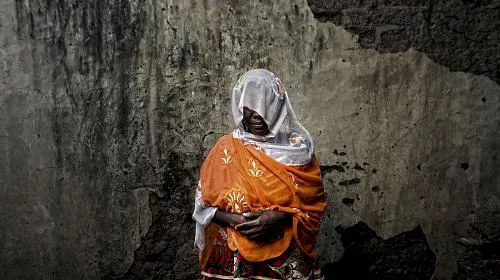WASHINGTON (April 24, 2019) – The global humanitarian and development organization CARE has issued the following statement in response to the UN resolution on sexual violence in conflict.
David Ray, CARE USA’s Vice President of Policy and Advocacy, said:
“Yesterday’s vote means that the United Nations Security Council does not directly or indirectly recognize that survivors of sexual violence are entitled to sexual and reproductive health services. This is not a matter of opinion – these are the facts. CARE knows well that any comprehensive effort to combat and confront sexual violence must include critical reproductive health services. Yesterday’s vote will have direct implications for the services available to women and girls in dire need of assistance. We cannot allow this resolution to set such a dangerous precedent that would disempower women and girls and deny them their rights. Regression on these rights globally should concern us all.
Simply put: Reproductive rights are human rights.
We owe survivors of sexual violence in conflict more than the outcome of yesterday’s vote. CARE stands with all survivors of sexual violence in conflict as they seek the services they need to ensure their health and well-being.
Armed conflict, natural disaster and climate change often have the greatest impact on the poorest, least developed countries – and in turn, on the most vulnerable populations within these countries, particularly women and girls. The protection of women and girls in emergencies is crucial to advancing their rights and defeating poverty worldwide.”
ABOUT CARE
Founded in 1945 with the creation of the CARE Package®, CARE is a leading humanitarian organization fighting global poverty. CARE places special focus on working alongside women and girls because, equipped with the proper resources, they have the power to lift whole families and entire communities out of poverty. That’s why women and girls are at the heart of CARE’s community-based efforts to confront hunger, ensure nutrition and food security for all, improve education and health, create economic opportunity and respond to emergencies. In 2018, CARE worked in 95 countries and reached more than 56 million people around the world.
Media Contact
Nicole Ellis, +1-202-560-1791, nicole.ellis@care.org

